Britain & Ireland 1509-1745
In this section you will find articles to help you unpick the truths from the myths of the Tudor period, examine how Cromwell took the country to war and explore how some the most important political thinkers began to shape the modern world. There is also guidance for teaching some of the information collected here to pupils and different age ranges.
Sort by:
Date (Newest first) | Title A-Z
Show:
All |
Articles |
Podcasts |
Multipage Articles
-

Bristol and America 1480-1631
ArticleClick to view -
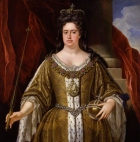
Royal Women: Queen Anne, Elizabeth I and Elizabeth II
Multipage ArticleClick to view -
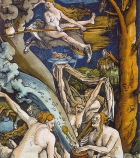
Polychronicon 147: Witchcraft, history and children
ArticleClick to view -
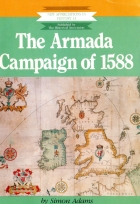
The Armada Campaign of 1588
ArticleClick to view -

Revising the Elizabethans
Multipage ArticleClick to view -
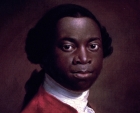
Podcast Series: Diversity in Early Modern Britain
Multipage ArticleClick to view -
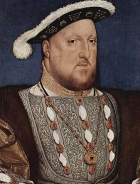
Henry VIII
ArticleClick to view -

Oliver Cromwell 1658-1958
ArticleClick to view -
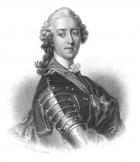
Bonnie Prince Charlie: The escape of the Prince in 1746
ArticleClick to view -
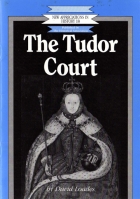
The Tudor Court
ArticleClick to view -
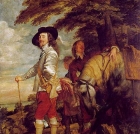
King Charles I
ArticleClick to view -

King Charles II
ArticleClick to view -
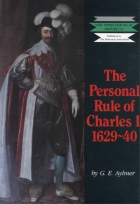
The Personal Rule of Charles I 1629-40
ArticleClick to view -

Occult and Witches
ArticleClick to view -
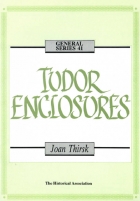
Tudor Enclosures
ArticleClick to view -
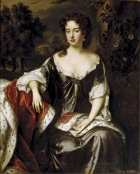
Limited Monarchy in Great Britain in the Eighteenth Century
ArticleClick to view -
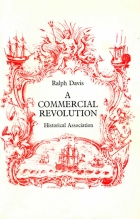
A Commercial Revolution
ArticleClick to view -
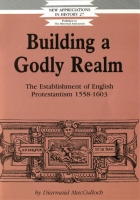
The Establishment of English Protestantism 1558-1608
ArticleClick to view -
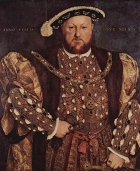
Faction in Tudor England
ArticleClick to view -
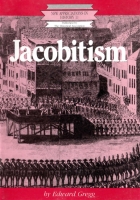
Jacobitism
ArticleClick to view

